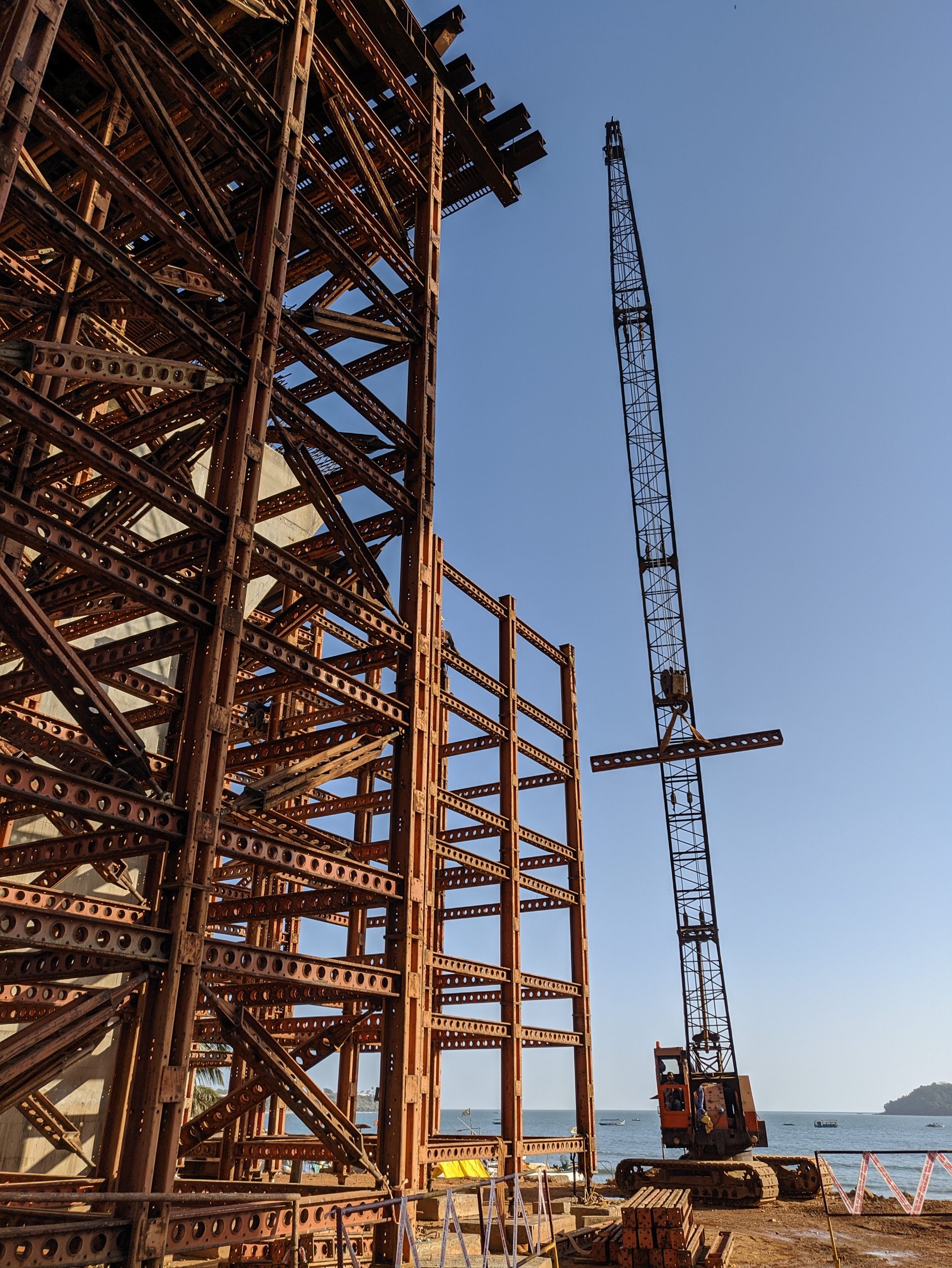A division bench of the Bombay High Court at Goa comprising Justice Ms Bharti Dangre and Justice Ashish S. Chavan today issued notice to the Town Planning Department and its Scrutiny Committee on a challenge filed by the Goa Foundation against amendments made to the Building Regulations 2010 which empower the Goa government to approve applications for relaxations of height and FAR restrictions across the state, contrary to the norms laid down under the same regulations.
The petitioner has challenged the legality of more than 739 such relaxations allowed by the TCP Department across the state of Goa.
The bench also issued notice on a companion PIL filed by the Goa Foundation and Goan citizens from Margao, Panaji, Chimbel and Pernem challenging FAR and height relaxations granted to Golden Globe Hotels Pvt Ltd., Prakash Gurudas Timblo, Pandurang Timblo, Mahadhan Real Estate LLP, M/s Golden Affairs & Entertainment Pvt Ltd., and Goa Collect Properties Pvt Ltd.
The Court has allowed respondents to file their responses in 4 weeks, after which petitioners will file rejoinders. The matter is posted for hearing on 17 November, 2025.
The PIL challenges unprecedented amendments to Goa’s building regulations to allow huge and unrestricted increases in FAR and height on a plot-by-plot basis, granted privately and without public scrutiny, and without studies of environmental, social and planning impacts to favour a few at the expense of the rest. Such discretionary and inherently arbitrary power to grant unrestricted FAR and construction heights is unique in the history of town planning. Granting such discretionary relaxations without prior publication to the public amounts to a violation of Article 14. It enables and is based on colourable exercise of power. These so-called “relaxations” are, in substance, changes of zone, as they permit development intensities consistent with higher zones. What the impugned amendments attempt indirectly, plot-specific intensification, cannot be done directly under the law.
For example, permitting FAR 200 and 24m height in a settlement zone capped at FAR 60 and 9m height effectively nullifies the zoning framework.
Under Note (1) of Table VIII, C-1 zones, intended for the CBDs of Panaji, Margao, Mormugao, Mapusa, and Ponda, are restricted to those urban areas. Yet over 100 permissions under Regulation have been granted C-1 equivalent FAR and heights in village panchayat areas and non-CBD municipal zones, violating Section 6A.4.
Significantly, the regulatory and other authorities and many applicants themselves describe their requests for increased FAR and height as “zone changes,” treating intensification as synonymous with conversion to a higher zone. This confirms that these permissions, in practice, constitute disguised backdoor zoning changes not permitted by law.
The refusal to publish the 739 permissions/NOCs granted till January 2025 constitutes a grave violation of the public’s right to transparency and participation in governance under Article 19 of the Constitution. This is nothing but a means to conceal a scandal and a scam of monumental proportions. The relaxations are therefore liable to be quashed and set aside as they violate petitioners’ fundamental rights to a planned environment for which the Town and Country Planning Act and the Building Regulations were notified.
Sr Adv. Norma Alvares appeared for the Goa Foundation, assisted by Adv. Om D’Costa, Adv. Malisa Simoes and Adv. Sherwyn Correia.
Claude Alvares
The Goa Foundation
9.10.2025

